TRANSCRIPTION
What are your earliest childhood memories?
My grandmothers funeral in Laredo, TX, at the age of 3. She remembers the viewing of the body taking place at the home of her Aunt Maria. Then holding a rosary prayer for seven nights.
Describe a typical day as a child growing up in the 50's
During my elementary school years, it was fun because we would get up very early and my mother would always make breakfast for us. We would run to school and we were allowed to go home for every day for lunch. I remember to aroma of the noon meal coming from the whole neighborhood. Lunch was always a hot meal with homemade tortillas. After school snack was usually Bama apple butter on toast, or with saltine crackers. After our school snack we had to do our homework. After that my mother allowed us to play tag or baseball. Dinner was usually every night at 8:00 p.m. We always had all our meals together as a family. After dinner we had to wash dishes and sweep and mop the kitchen floor every night. The smell of Pine Sol now brings memories of my nightly cleaning ritual as a child, especially since my Dad required we place all chairs upside down on the table to make sure we swept and mopped every inch of the kitchen floor.
I believe my Dad was a cleaning fanatic. Every Saturday my Dad would wake us up very early to clean the house. We started out by washing every item of glassware that was in the living room (about 100 pieces of different types of glasses that my Dad collected. He was a truck driver for Block Distributing Company so he was given many samples of different different drinking (liquor) glasses. I still have a few of these glasses in my home. We then had to get on our knees to scrub the wooden floors. We waxed the floor with paste wax and remember the pain of being on our hands and knees to make sure we waxed the floor evently. The buffing was done with a huge machine that was so heavy I always felt it would take me along for the ride.
My dad was very involved in our life. I recall my Dad buying take out every Friday (pay day). We would all pile into the car and drive to "Rays Drive Inn" where we ordered hamburgers and shakes! On Saturdays we would join him at his baseball games with his company friends. I remeber being shocked at the age of 14 when a friend told me that she did not have a father. I could not believe it. I was so sheltered within my own family because my Dad was very strick and we were not allowed to visit our friend's homes. Looking back on my childhood, I now realize I was a very lucky little girl becasue my dad made sure we had everything we needed.
Describe the educational system that you were exposed to
I believe it was better because the teachers were better prepared. The work that we were required to do involved a lot of research and all kinds of reports. We had to rely on a lot of memorization especially for literature. We had to memorize poems, short literary works and stand up in front of the class and recite them, which is one aspect that I rarely see in any of my grandchildren's schooling.
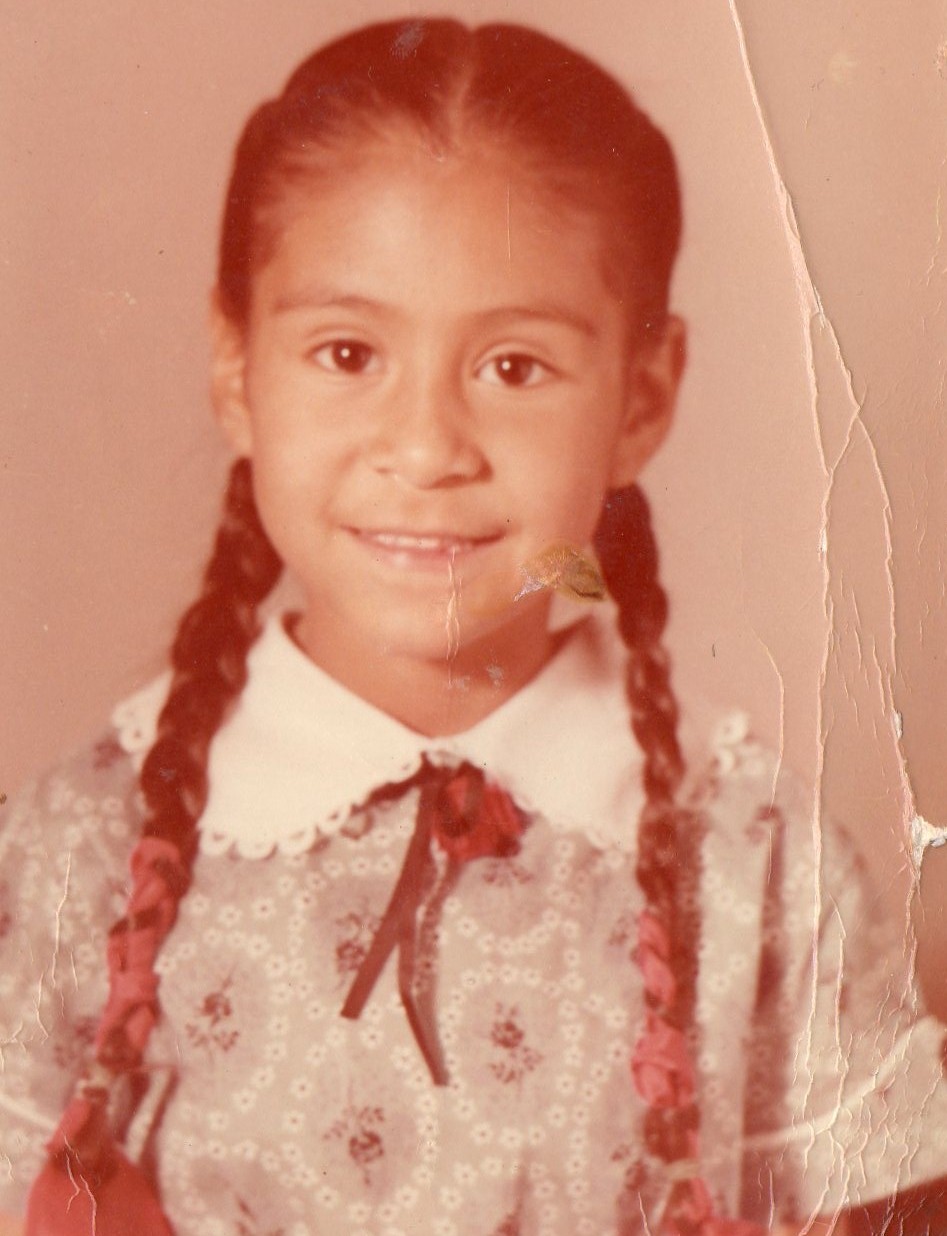
What rules and regulations were administered during your grade school as opposed to modern school systems?
We had very strict rules that we had to abide by. If we didn't we were punished. We had true corporal punishment, we were punished with a couple of paddle swats on the butt if we misbehaved. The kids were not allowed to disrespect their teacher. We were immediately sent to detention in the principals office. Many times kids were sat in the corner facing the wall. If you were disrespectful you suffered the consequences. And our parents weren't sympathetic about their children getting whooped with a paddle. My brothers never came home and acknowledged the fact that they got into trouble because if parents found out, they would be disciplined even more at home. We were so afraid of our parents that we never even mentioned it because they expected us to be on our best behavior and treat everyone with respect at all times. Children now have been allowed to get away with disrespecting authoritative figures. This occurs because many kids do not have proper discipline which should start at home and should continue everywhere.
How did your parents distinguish the idea of family and what it's all about?
Family values were instilled in us from a very small age. We knew our values at home because of the way we were raised. We spent a lot of time not only with our immediate family, but with numerous uncles, aunts, and cousins. We grew up very family oriented. All holidays were spent with my entire family and had visits from Uncles and Aunts from out of town. In the summer we would leave San Antonio and visit our relatives in Laredo. My dad always stressed how important it was to always stay united as a family and he instilled in us a need to believe in God and to trust in God. Just by the fact that we were a catholic family, that in itself played a big part in staying united.
Explain the significance of discipline and its effect on individuals growing up in your era and today.
The discipline that I grew up with started off at home, where there were certain rules that you had to follow such as getting up on your own. My father was real strict about being punctual. He taught us that we were old enough to wake up on our own, take a bath, get ourselves ready, and be at school on time. There was no alarm clock and no waiting around for your parents to wake you up. You were expected to know what our responsibilities were at a very young age. There were no excuses such as waking up late because it was simply unacceptable. There's a time and a place for everything and that is one thing that my dad constantly preached to us. If you didn't follow his rules then you were reprimanded. So nowadays kids are so spoiled that they rely on the alarm clock or their parents to wake them up. If you don't discipline your kids and teach them what responsibility is, unfortunately they will go on without knowing what is right and wrong.
How have family morals changed perspectives of individuals throughout time?
While growing up in the 50s family morals were high on the list. Considering that we were a religious family, we were brought up to obey the Ten Commandments and this was like the foundation of our discipline. There was no promiscuous activity or sexual relations outside of marriages. This was because of our values and morals instilled in us by our parents. These days many teens are having children and they don't even think about the consequences. Many do not have moral values perhaps because they don't believe in god or their parents don't take the time to teach them about religion. These kids are lost. They are out doing what they shouldn't be doing because either they don't know any better or they think it isn't going to happen to them. Whereas us in the 50s we were taught that you do not have sexual relations until you were married and that's what we believed. And now it's rare that you would find anybody who would live up to that.

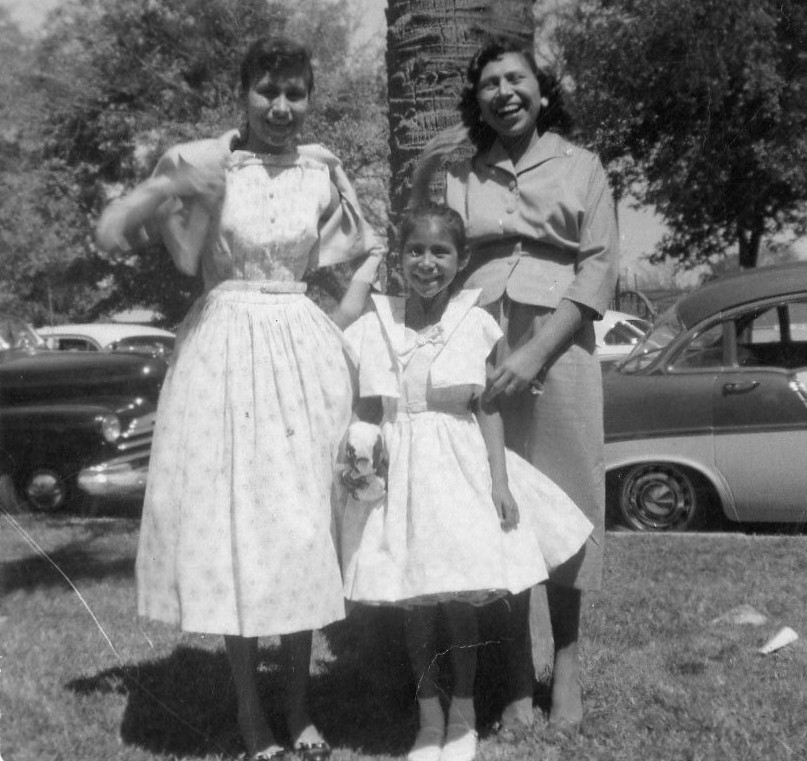
What was your childhood like growing up through segregation?
I never knew about segregation until I was in junior high school when we saw our very first black student and he was the talk of the whole school because we all Hispanics. I never wondered why we didn't have black or white people in our school I just accepted it. When I found out about our first black student I realized that there were other individuals out there that I knew nothing about. This was because I was so used to being around nothing but Hispanics.
Did you ever experience any racism?
Not in school because like I said the majority of the students were my own race and even in high school it was only a handful of whites and blacks so there were never judgments made against us.
What was your family's financial status and did it have a positive or negative effect on you?
I really never knew what our financial status was because as a child we weren't allowed to be around adult conversations. Money was never discussed never even thought about money because that was something my parents did not discuss with us. We didn't know about financial stability until we were teenagers when my dad suggested that we get a job and learn how to make money and be productive. My dad was the sole provider so it didn't really have any effect on me since I never worried about those issues.
From an economical perspective what are some changes that you have seen from the time you were growing up till now?
Well I didn't really know about the economy until I was a teenager making my own money. My dad was always really organized when it came to a monthly budget considering he had a fixed monthly income due to his disability. So I would say that back then although we did have government help at times, people kept up with their bills and made sure they had their basic necessities at least. I can't speak for all but I was fortunate to have that. Now days many people just rely on credit cards and that just gets them deeper and deeper in debt.

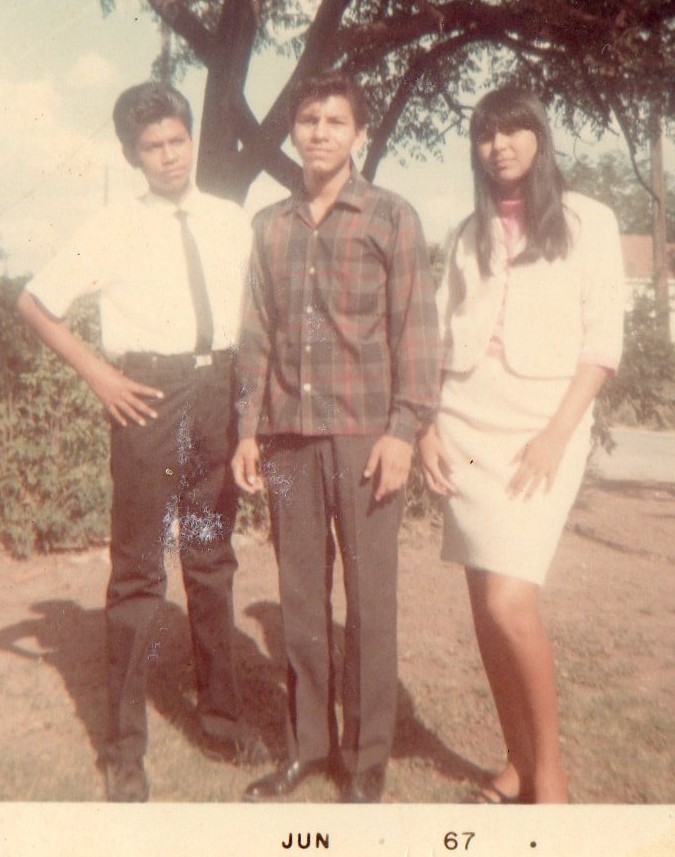
Considering the high percentage of grade school drop outs, how were you able to stay focused and motivated to successfully earn your high school diploma?
Well that was one of the things that my dad constantly preached to us, that you had to get a good education. But at the time my dad wasn't a college graduate so his focus was just to get you through high school and once you completed high school, to him, that was good enough. Now it is best that you do have a college education in order to succeed in life. Getting a job can be really difficult. In order to have a successful, well paying career, you have to have a xollege degree.
What were your means of transportation?
Walking and the bus. We never had the luxury of our parents dropping us off and picking us up where we needed to go.
How reliable were vehicles made back then, than the vehicles produced today? : My father never had any problems with his vehicles and I don't really know much about them, but I would say they were as reliable as cars today. However it is obvious that the cars made back then were more durable than the cars produced today, although there is such high dollar technology installed.
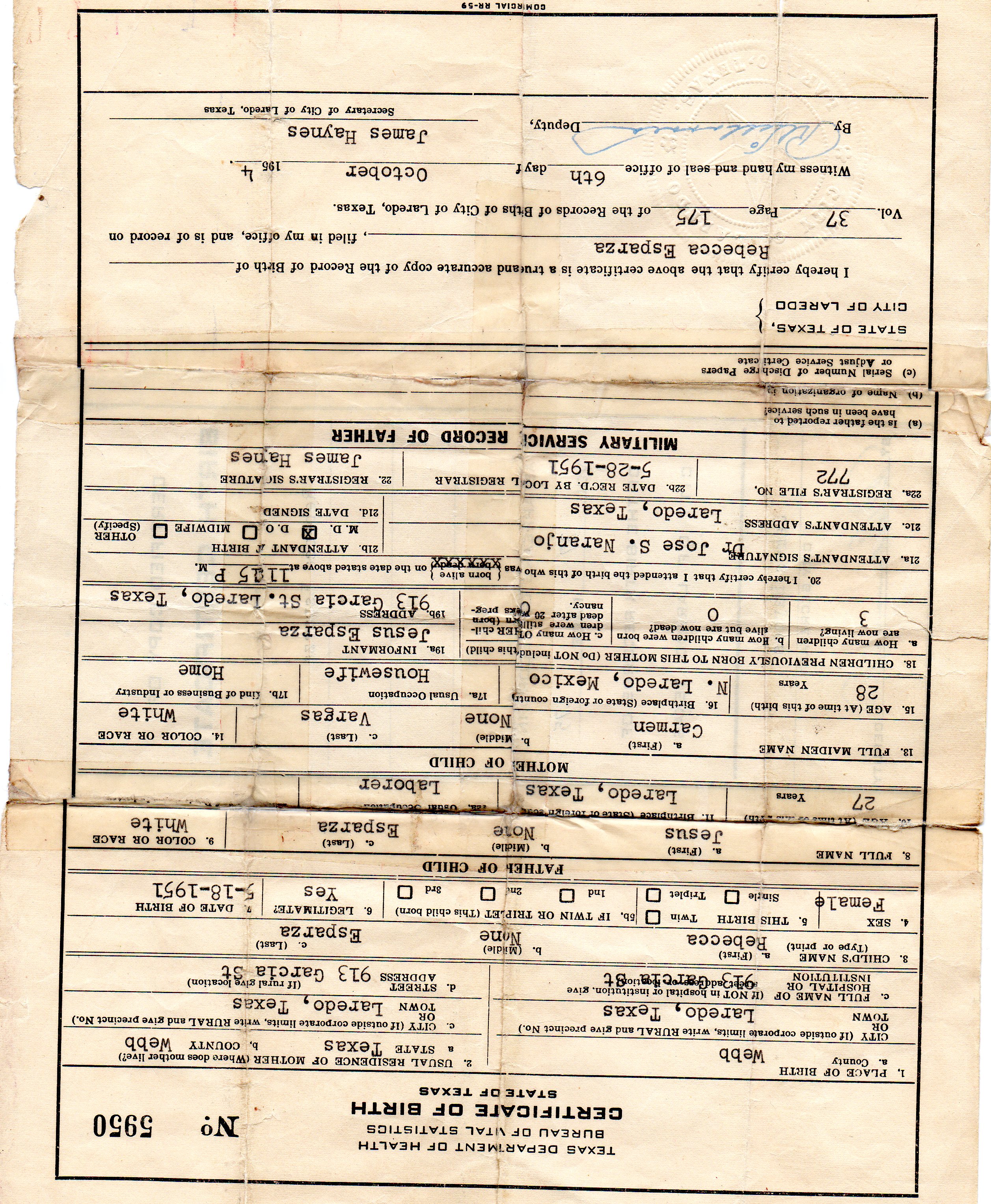
What occupations did you have?
I was a line server at a cafeteria like Luby's, it was called Brittney Buffet. And from there I went on to be a cashier at a bakery. Then I was a packer for a potato chip company. One summer I worked at the Chritstus Santa Rosa Childrens Hospital as a dietary aid. I never thought of working at a fast food place whereas nowadays most teenagers find their first job at a fast food restaurant. After my teen years I started getting into office work because I decided that I had the knowledge and the training acquired through school so I wanted to put it to use but I just didn't have any confidence. So it wasn't until I started working for the National Women's Program that I was hired as a secretary. This was the best thing that could have happened because I realized that I did have potential to do the job and to excell.
Has there been an increase or decrease in community violence from childhood till now?
Well I can only compare that with what I have read in the newspaper and seen on the news. As a child we weren't really ever exposed to violence until one day when one of my brother's friends was shot to death close to our backyard. That is when we moved out of the West part of town and moved to the South part down S. Flores Street. Now the violence that I read about seems to be everywhere. I believe that there is a lot more violence today.
What significant political events occurred that had an impact on your life?
The assassination of President John F. Kennedy. We were allowed to watch television everyday and I knew a little about politics. It was until his death that I started exploring and reading about political affairs throughout the United States and the world. It was almost like a jumpstart to becoming politically involved.
In modern times social interaction involves the use of wireless devices such as cell phones and laptops. How did people interact with one another without the use of these devices?
By being neighborly. We interacted with our neighbors and friends that lived nearby. We did a lot of visiting with family at each other's houses. In elementary school, we didn't have a telephone so we were used to one on one interaction with friends and family. We didn't have a home telephone till I was in junior high and even then my father taught us that the phone was not for pleasure and that is was only for an emergency. So we weren't allowed to talk on the phone.
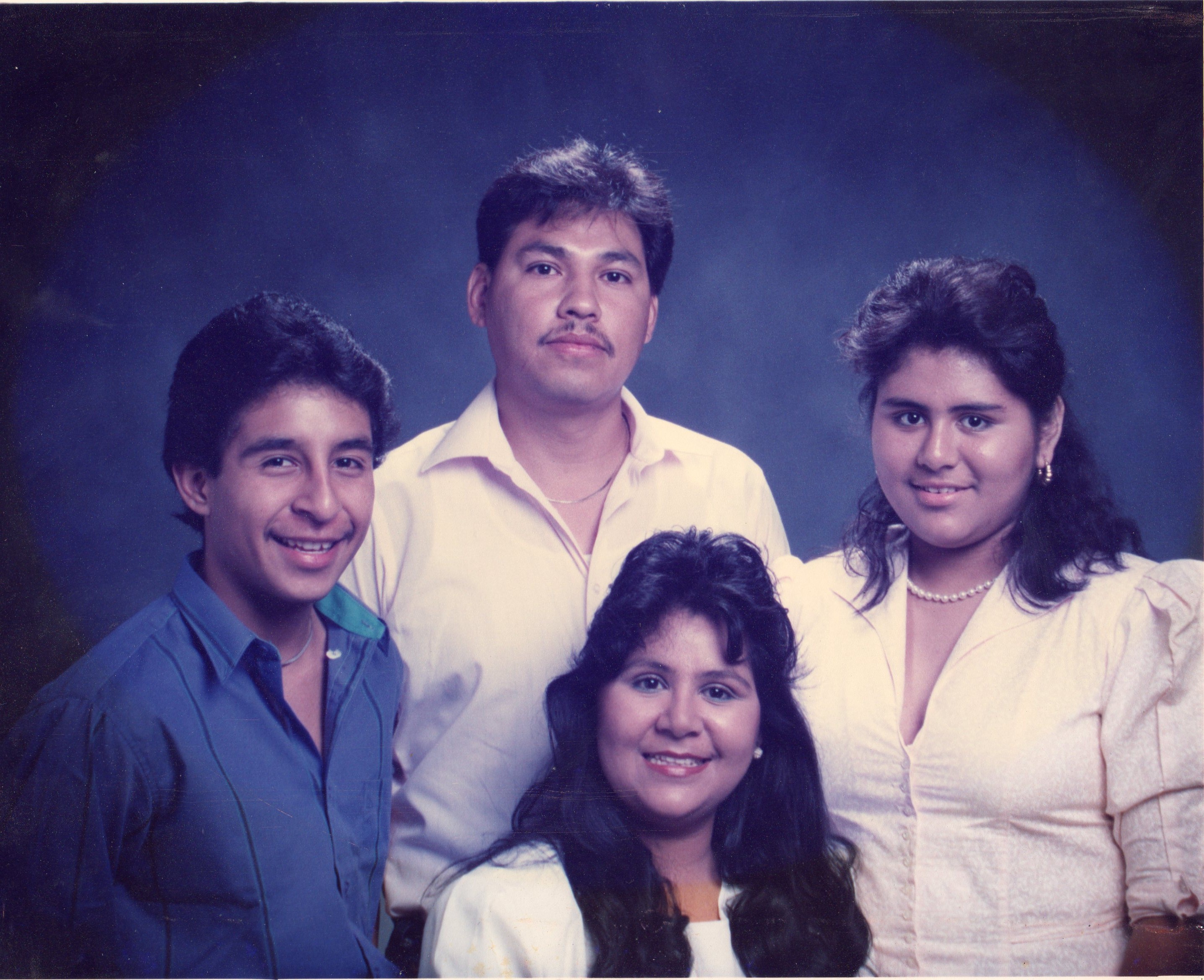
What were some of the fads growing up?
Growing up as a teenager we followed the hairstyles of the Beetles, Sonny and Cher, the Rolling Stones. We dressed in what they called the 'mod' look. From there everything progressed to peace, free love, becoming open about sex.
What did you do for entertainment?
My dad was a member of a baseball club from work and he would come home and pick us up to go watch him play during the season at different parks. The late night games were always fun. On Friday or Saturday night he would take us to the drive-in. We were always together as a family especially on the exciting trips to the lake. Many times on the weekends we just stayed home and played football, volleyball, basketball, and rode our bikes together.
Considering the digital age that we live in today, what were some technological advances that came about during your childhood (if any)?
Unfortunately I was not able to enjoy the devices made today. However, the only thing I could relate to is my old electric typewriter which was fun to use.
Considering that negativity is infinite throughout this world, how were you prepared for life in the "real world"?
Honestly I was not prepared. It was like a world of the unknown. I had to learn as I went on with life. I think what helped me the most was that I had a great deal of discipline and was very organized. I didn't jump from job to job. Instead. I strived to get promoted within the company I worked for. I have worked for civil service for 27 years.

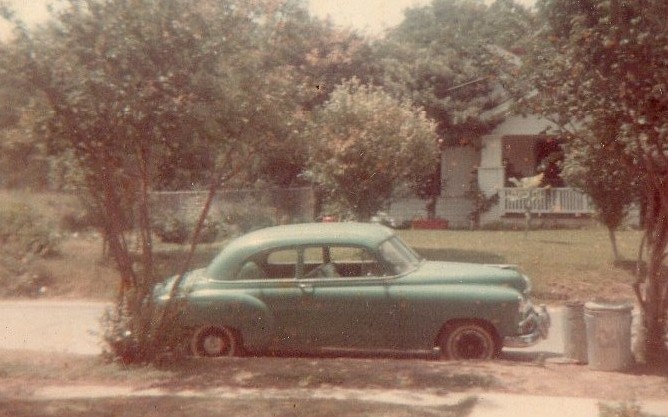
Is there anything else you would like to add to this interview?
Let all the students know that pursuing an education is the best decision that anyone can make. If I had the chance to go back in time, I would continued my education past high school and earned a couple of degrees. SAC

